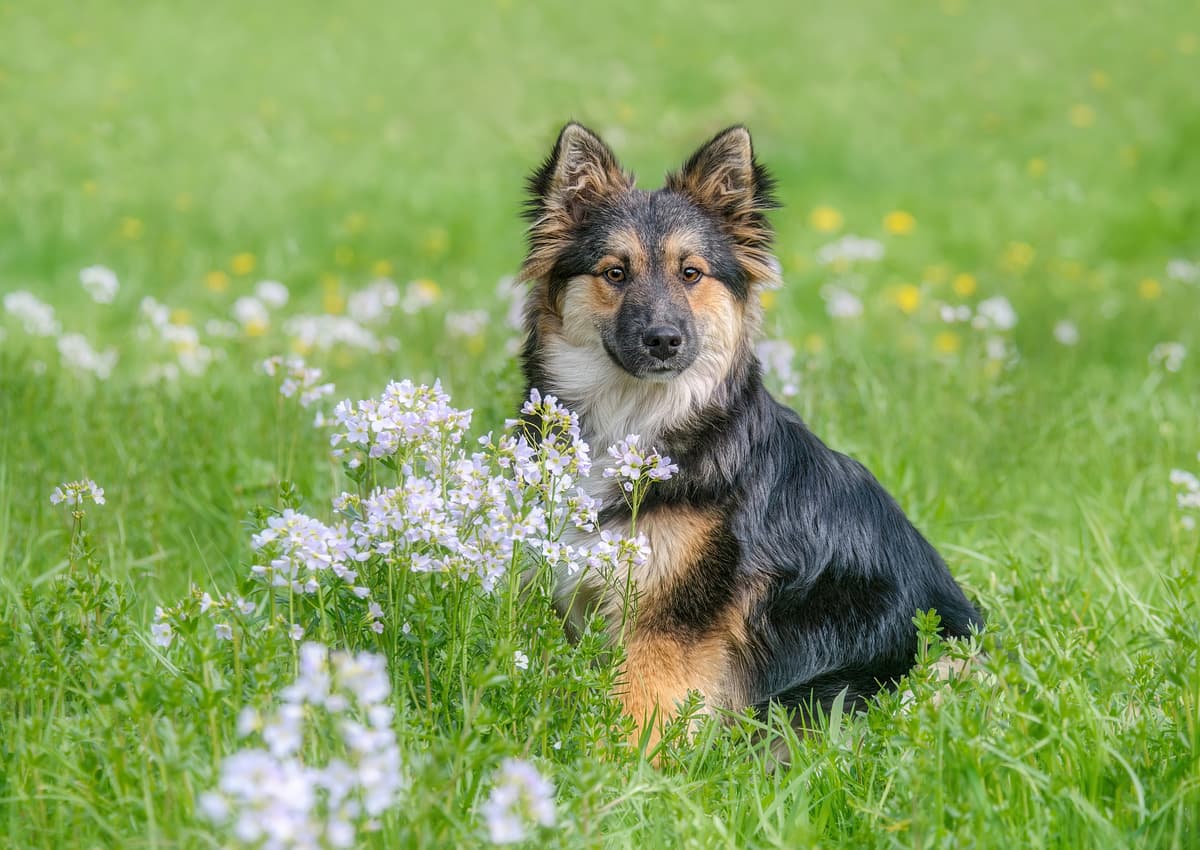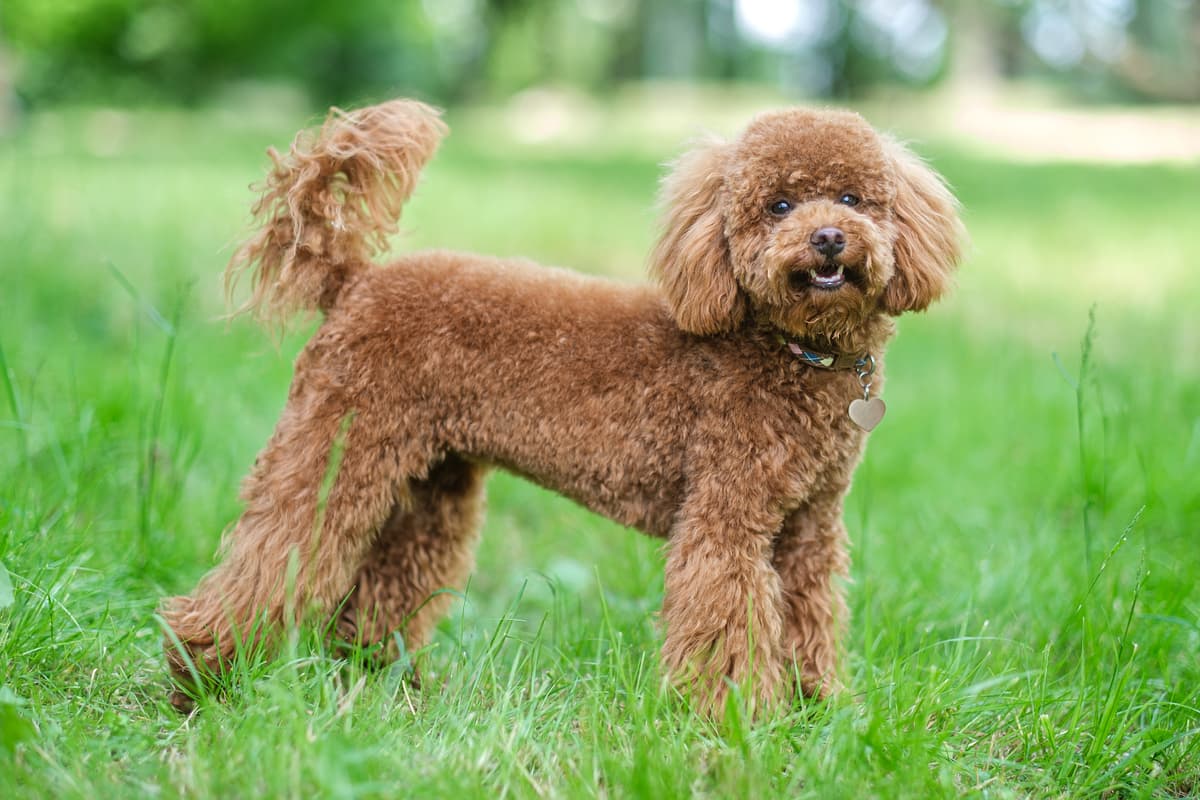Icelandic Sheepdog vs Poodle
Discover the differences between Icelandic Sheepdog and Poodle to make the best choice for your situation.
Try different breeds

Icelandic Sheepdog
Lively, cheerful, and eager to please, this spitz excels as both a herding partner and affectionate family companion. Its playful spirit and alert nature make every day brighter.

Poodle
Elegant, intelligent, and highly trainable, this breed stands out for its lively spirit and loyal companionship. Their hypoallergenic coat and playful personality make them ideal family pets.
Quick comparison
Medium
11–16 kg
Double coat, weather-resistant
12–15 years
9–14 kg
High energy
Medium
20–32 kg
Curly, dense
12–15 years
18–27 kg
High energy
Personality & behavior
Compare the personality traits and behavioral characteristics of both breeds.
Icelandic Sheepdog
Warm and welcoming with people and dogs
Quick learner, responds well to training
Highly active, needs regular exercise
Enjoys games and interactive activities
Adjusts well to new environments and changes
Poodle
Warm and sociable with family and guests
Highly intelligent and quick to learn commands
Needs regular activity and enjoys exercise
Loves games and interactive playtime
Easily adjusts to new environments and routines
Care needs
Exercise, grooming, and daily care requirements
Icelandic Sheepdog
Hip dysplasia, cataracts
Poodle
Hip dysplasia, Addison’s disease
Suitability
How well each breed fits different living situations and families
Icelandic Sheepdog
Good option
Intelligent and trainable, but needs consistent socialization and engagement
Not ideal
Needs space and can be vocal, which may disturb neighbors
Highly suitable
Energetic nature matches active lifestyles and outdoor activities
Very friendly
Gentle and playful demeanor works well with young children
Generally compatible
Social, but may try to herd or dominate other pets
Prone to anxiety
Dislikes being left alone for extended periods, leading to stress or destructive behavior
Poodle
Great choice
Intelligent and eager to please, Poodles are easy for beginners to train and manage.
Highly suitable
Poodles adapt well to apartment life if given daily exercise and mental stimulation.
Perfect fit
Their energy and love for activity make them great companions for active households.
Very friendly
Poodles are gentle and patient with children when socialized from a young age.
Gets along well
Poodles usually coexist peacefully with other pets, especially if socialized early.
Prone to anxiety
Poodles can develop separation anxiety if left alone for long periods regularly.
Breed strengths
What each breed excels at and their best qualities
Icelandic Sheepdog
- Friendly with children and other pets
- Highly alert and responsive to surroundings
- Energetic and enjoys regular activity
- Strong herding instincts and work ethic
- Adaptable to various climates and environments
Poodle
- Highly intelligent and easy to train
- Hypoallergenic coat reduces shedding
- Strong bond with family members
- Adaptable to various living environments
- Excellent performance in canine sports
Challenges & considerations
Potential challenges and considerations for each breed
Icelandic Sheepdog
- Prone to separation anxiety if left alone
- Requires frequent brushing due to double coat
- Can be vocal and bark frequently
- Needs daily mental and physical stimulation
- May chase small animals due to prey drive
Poodle
- Requires regular professional grooming
- Prone to separation anxiety if left alone
- Needs daily mental and physical stimulation
- Can be reserved with unfamiliar people
- Susceptible to certain genetic health issues
Ready to choose your perfect breed?
Learn more about each breed or compare other breeds to find the perfect match for your lifestyle.
Discover more helpful tools
Make use of our other free tools to get the most out of your pet experience
